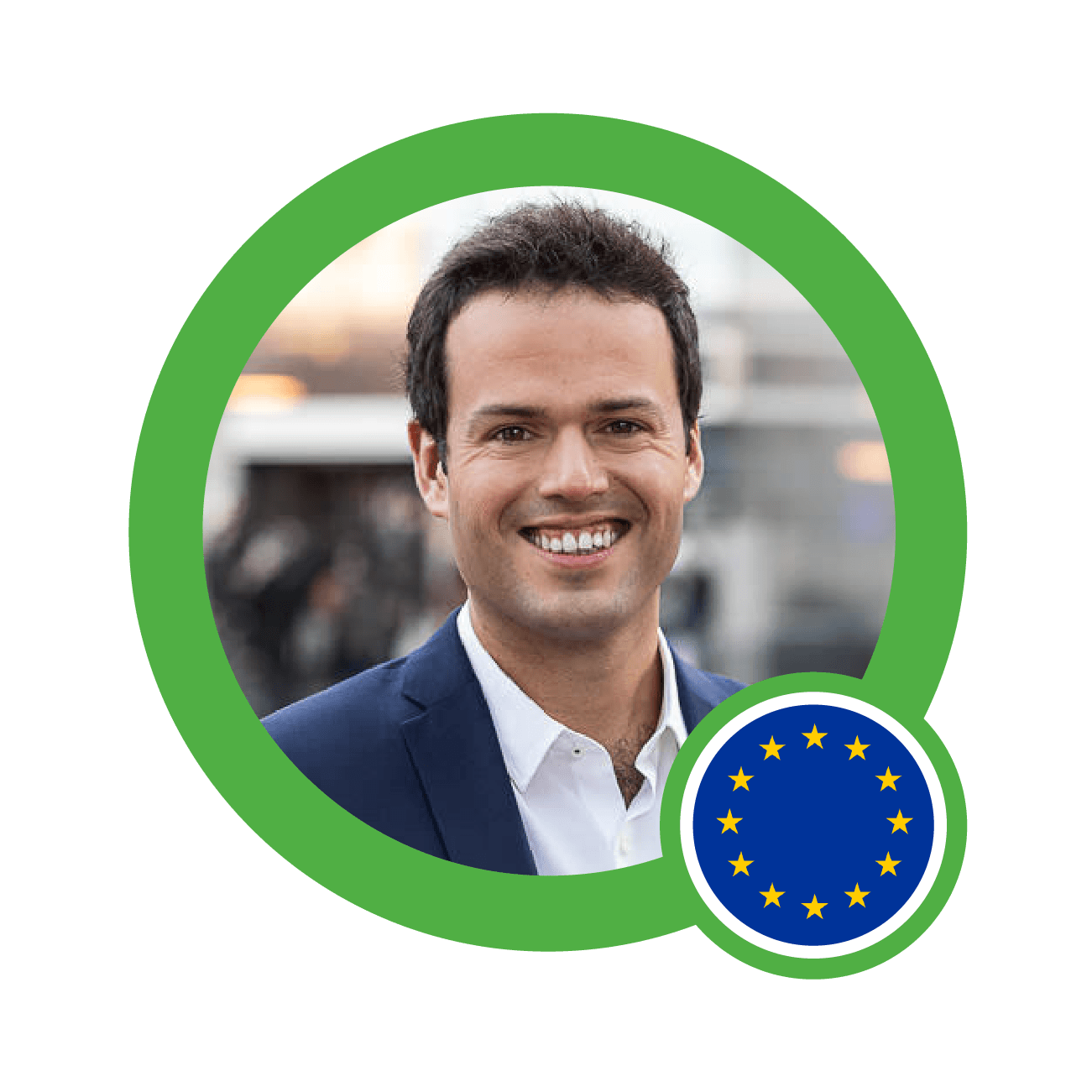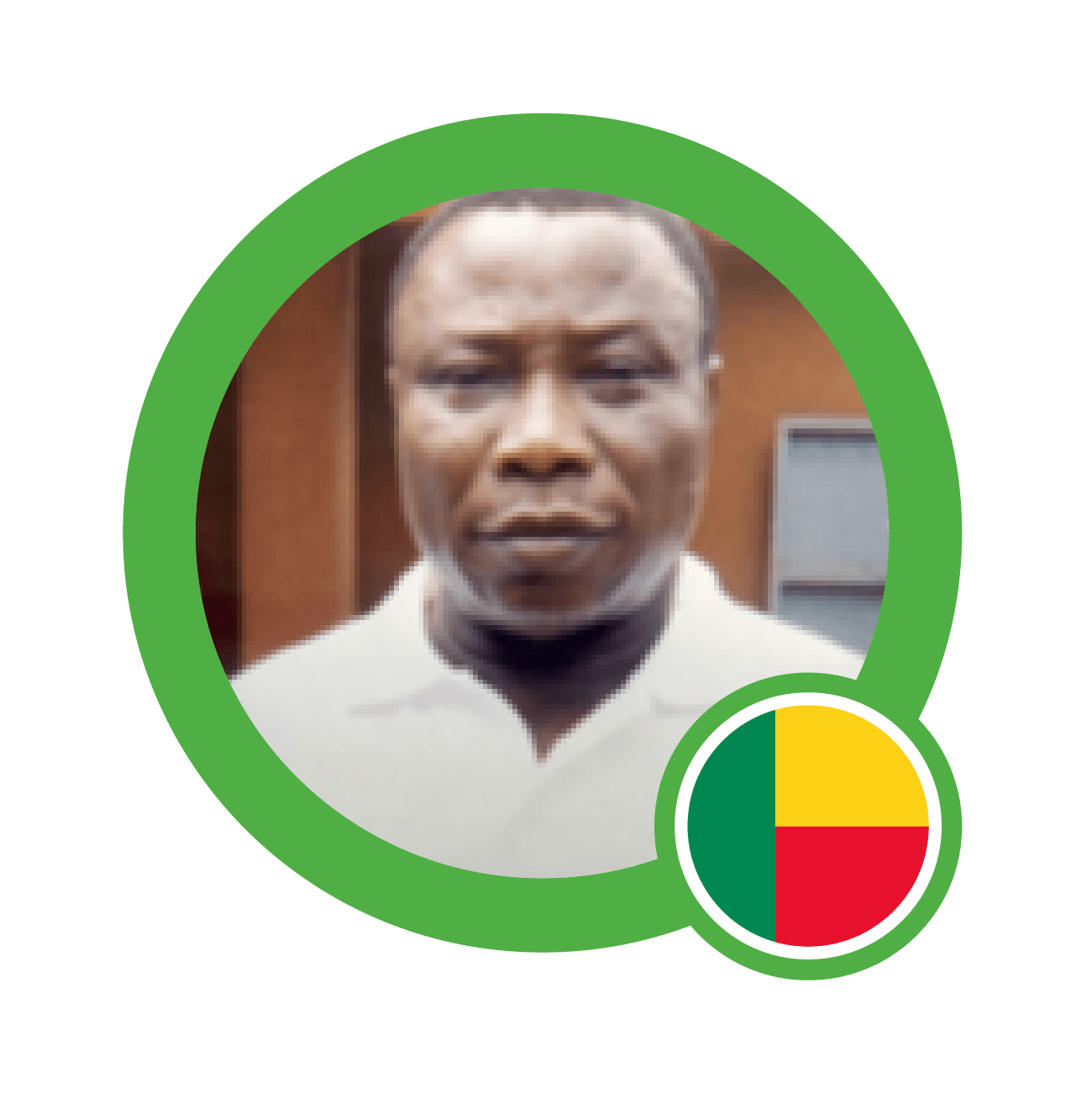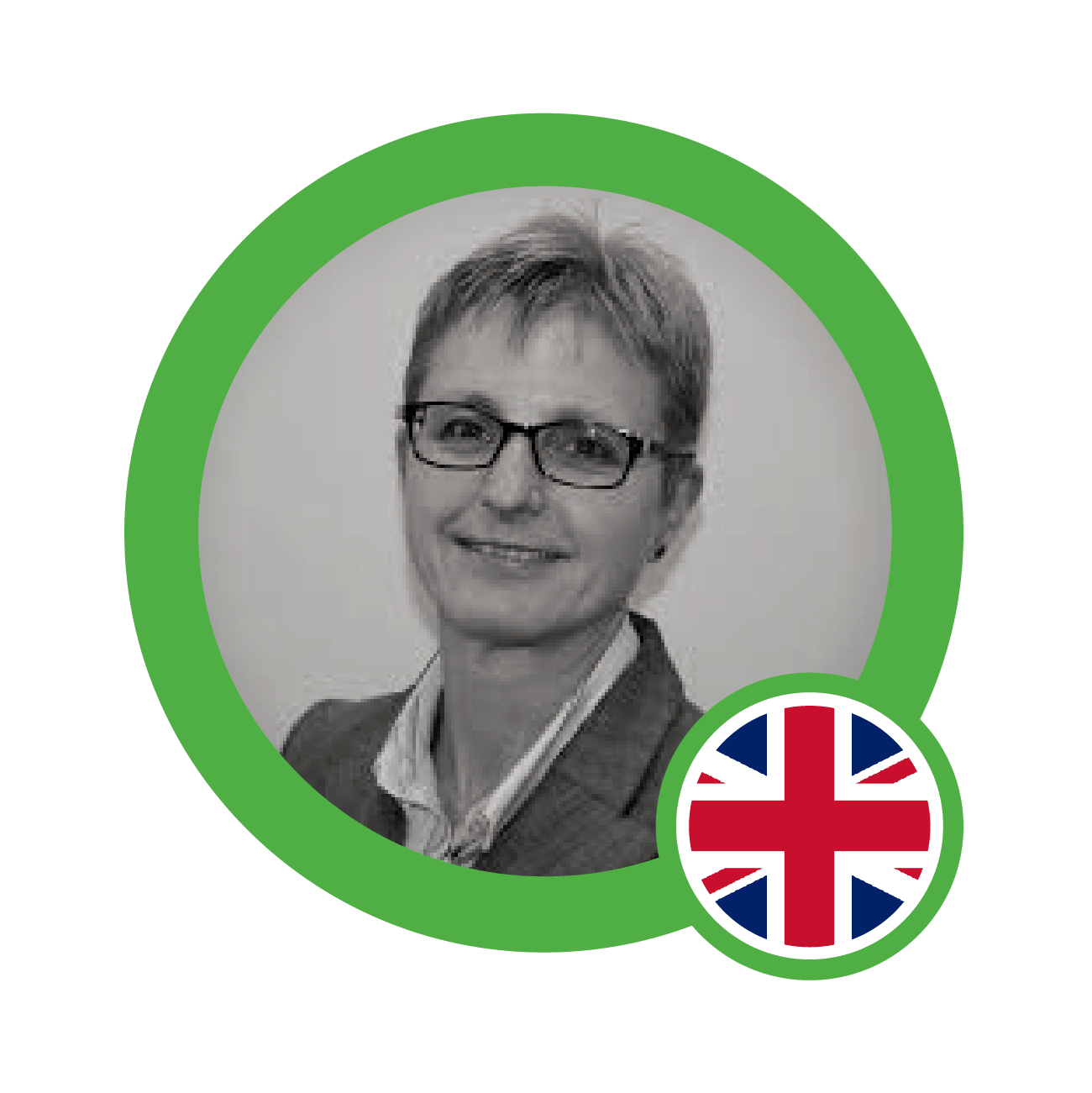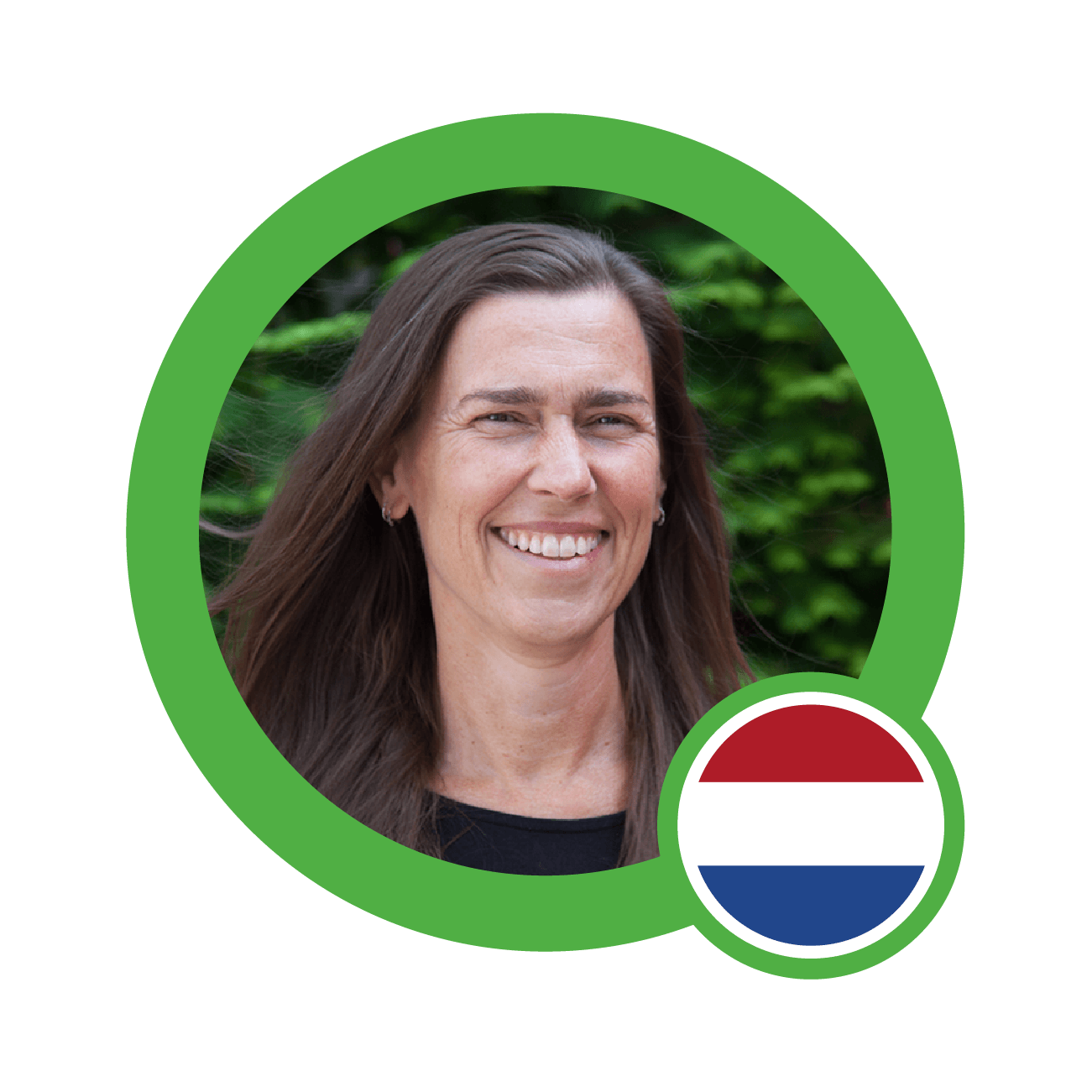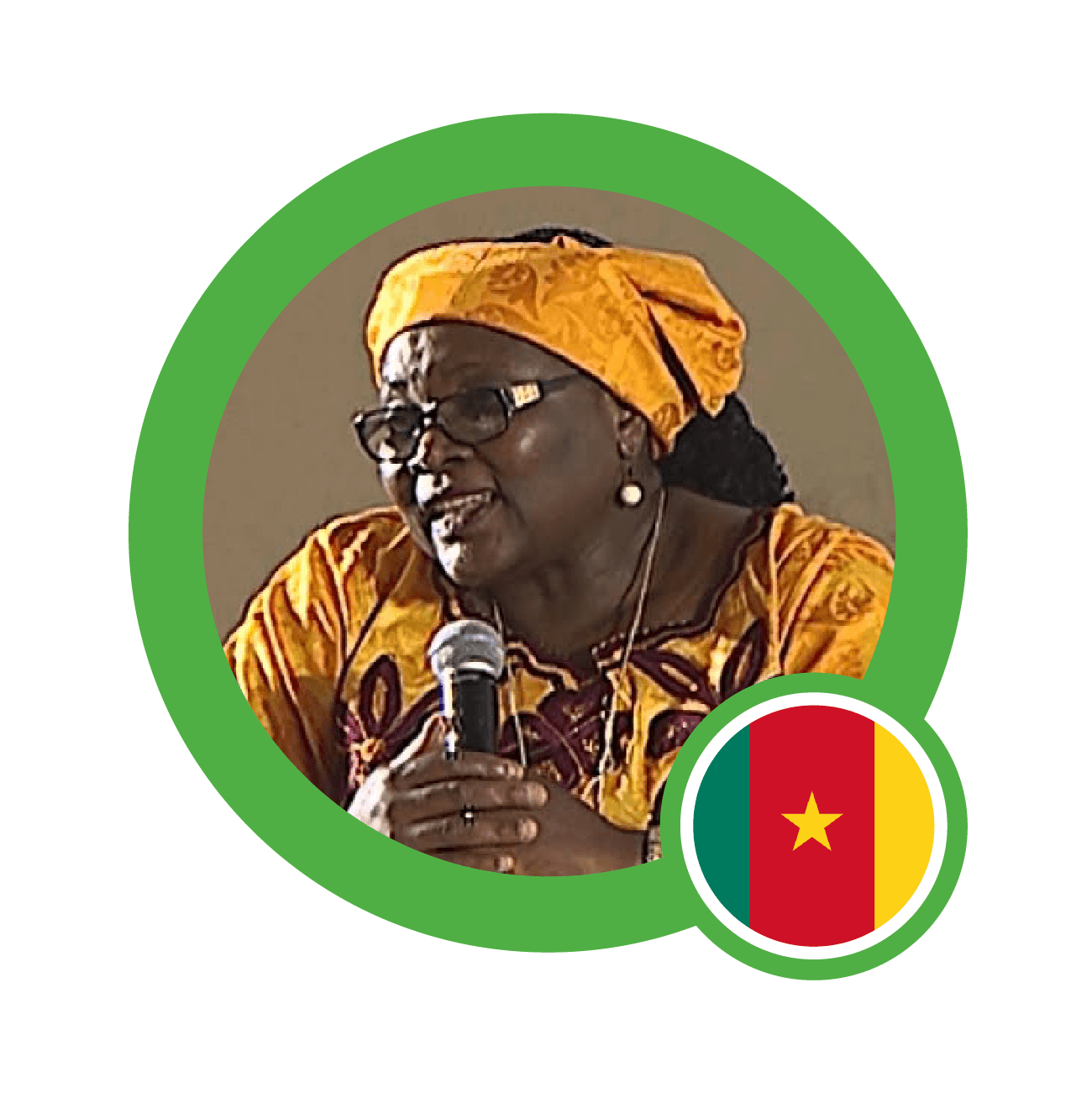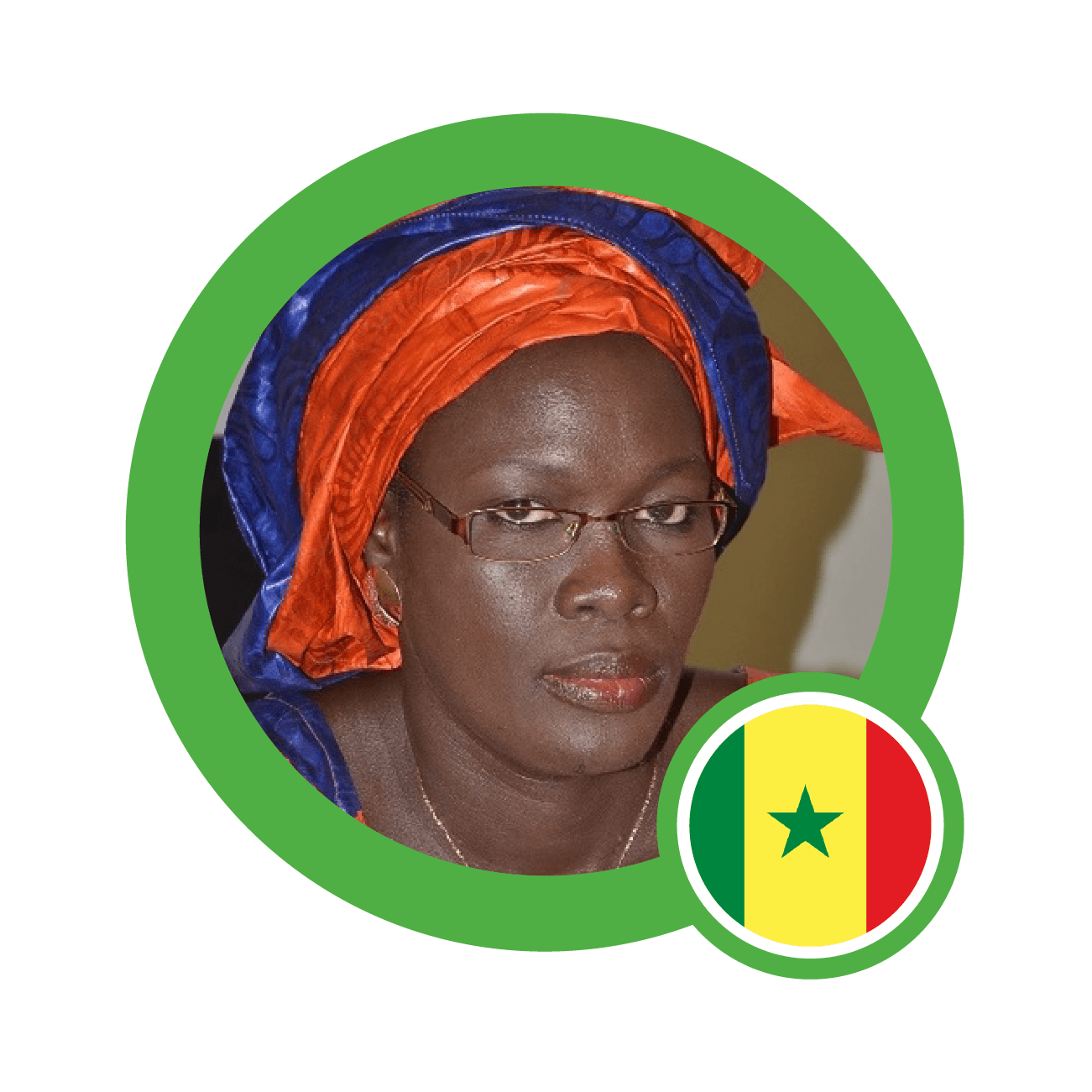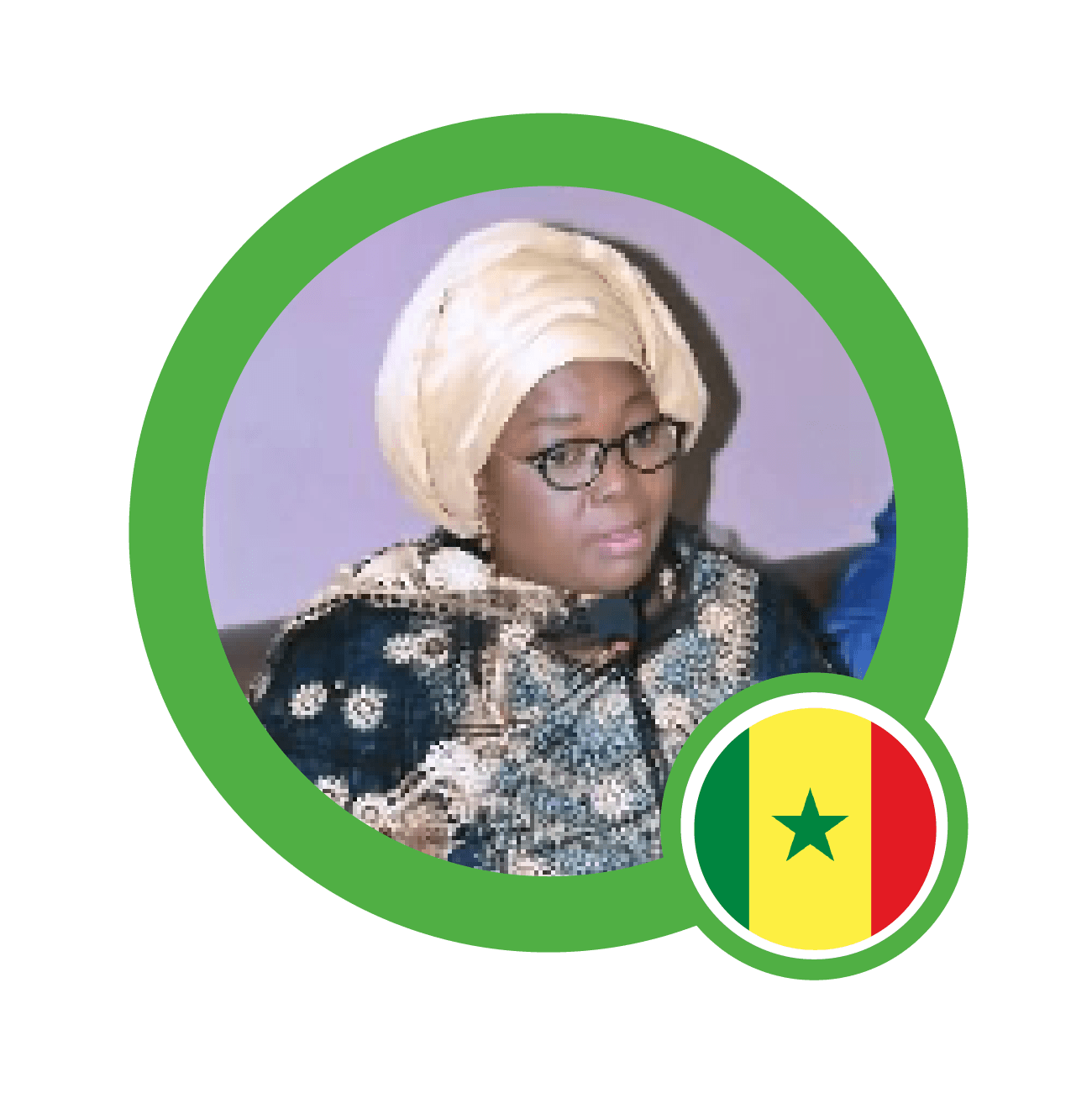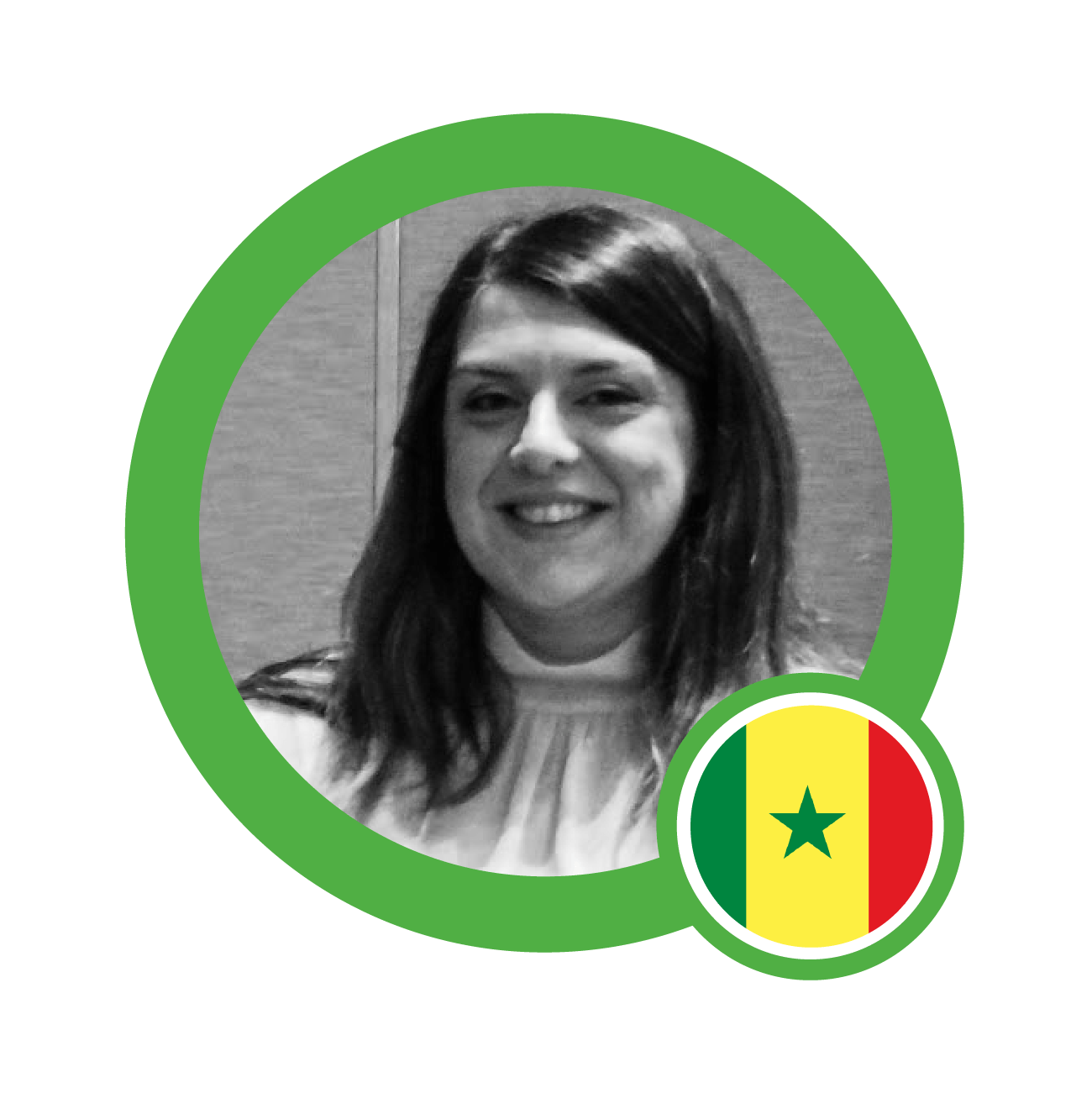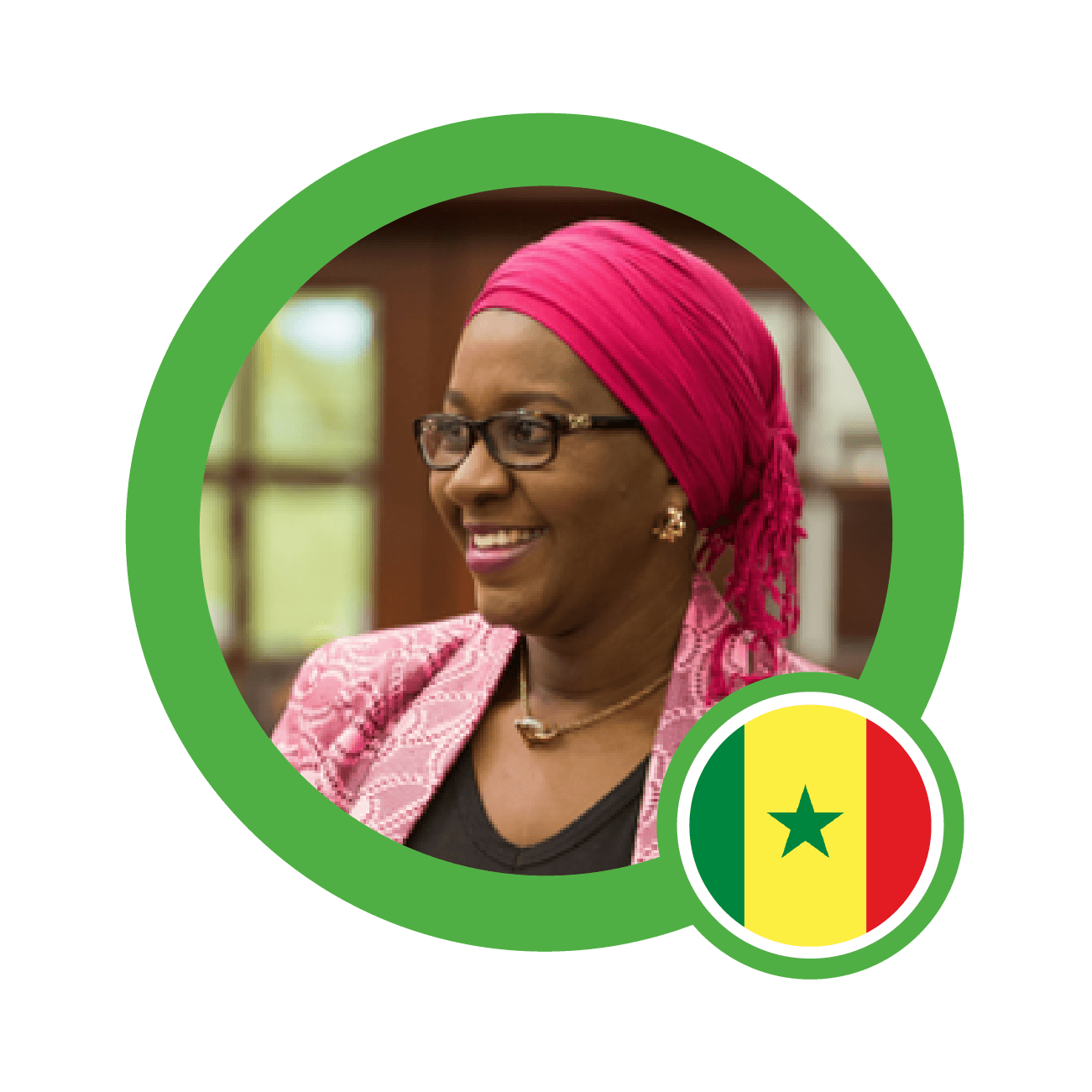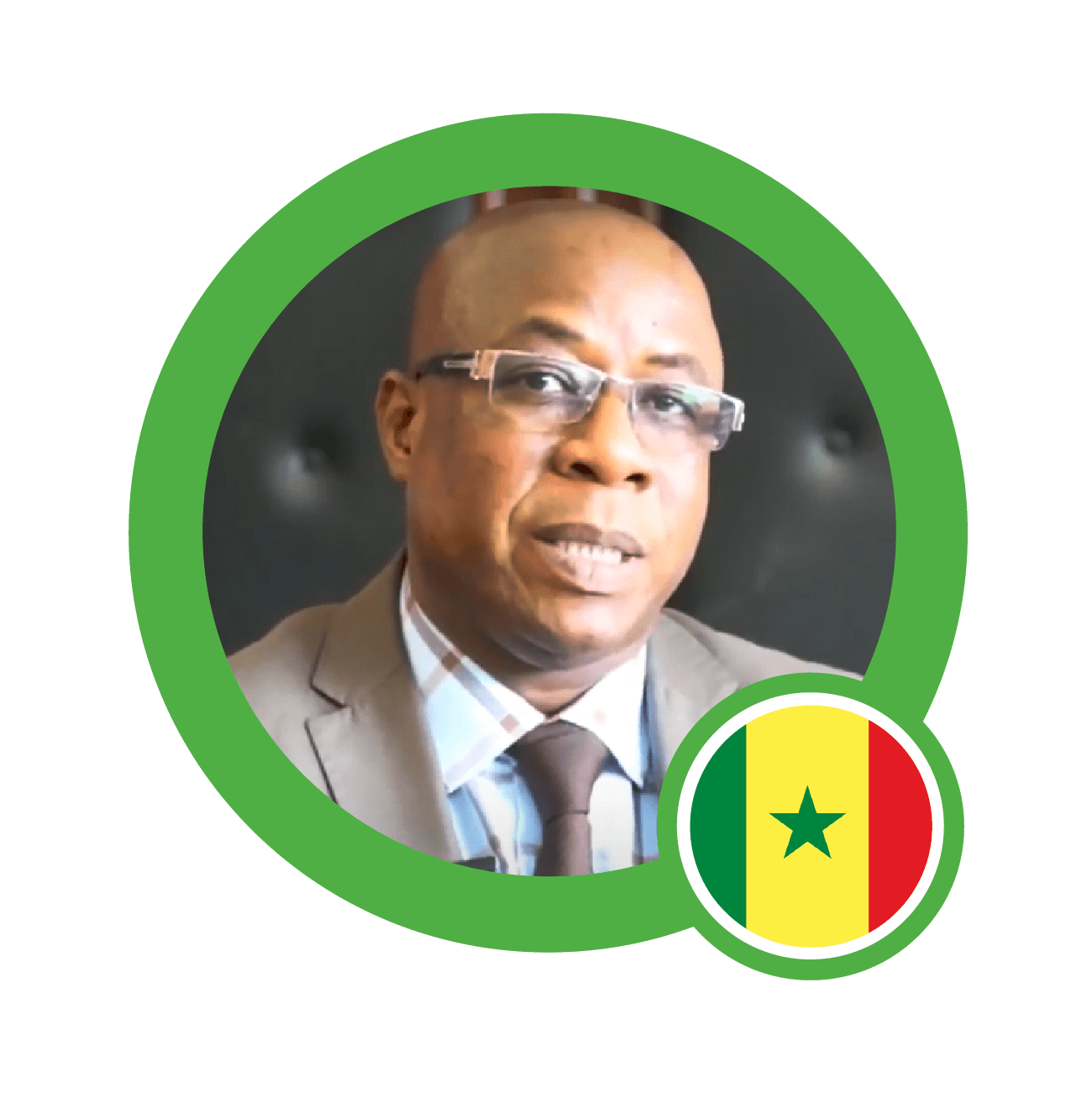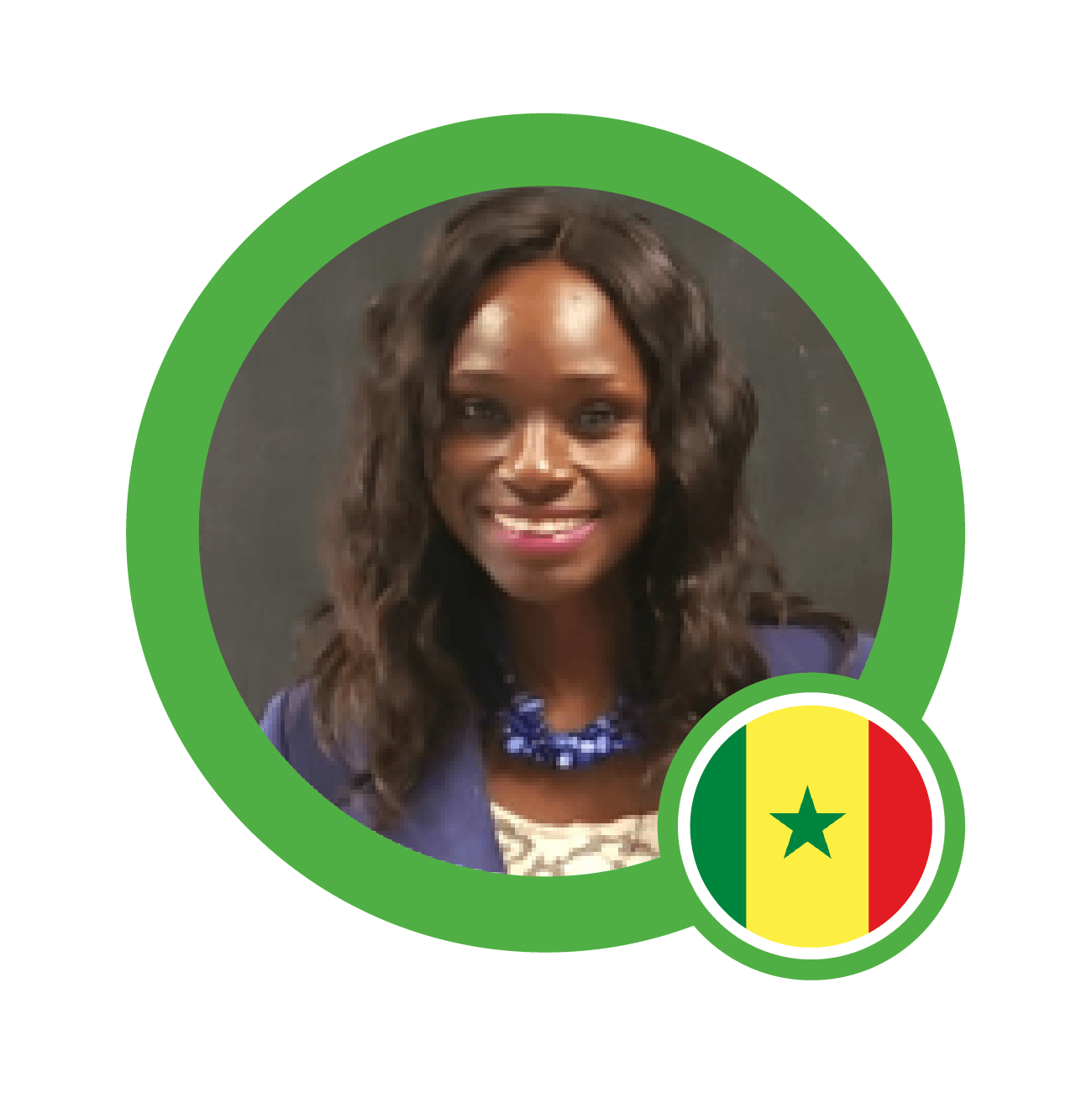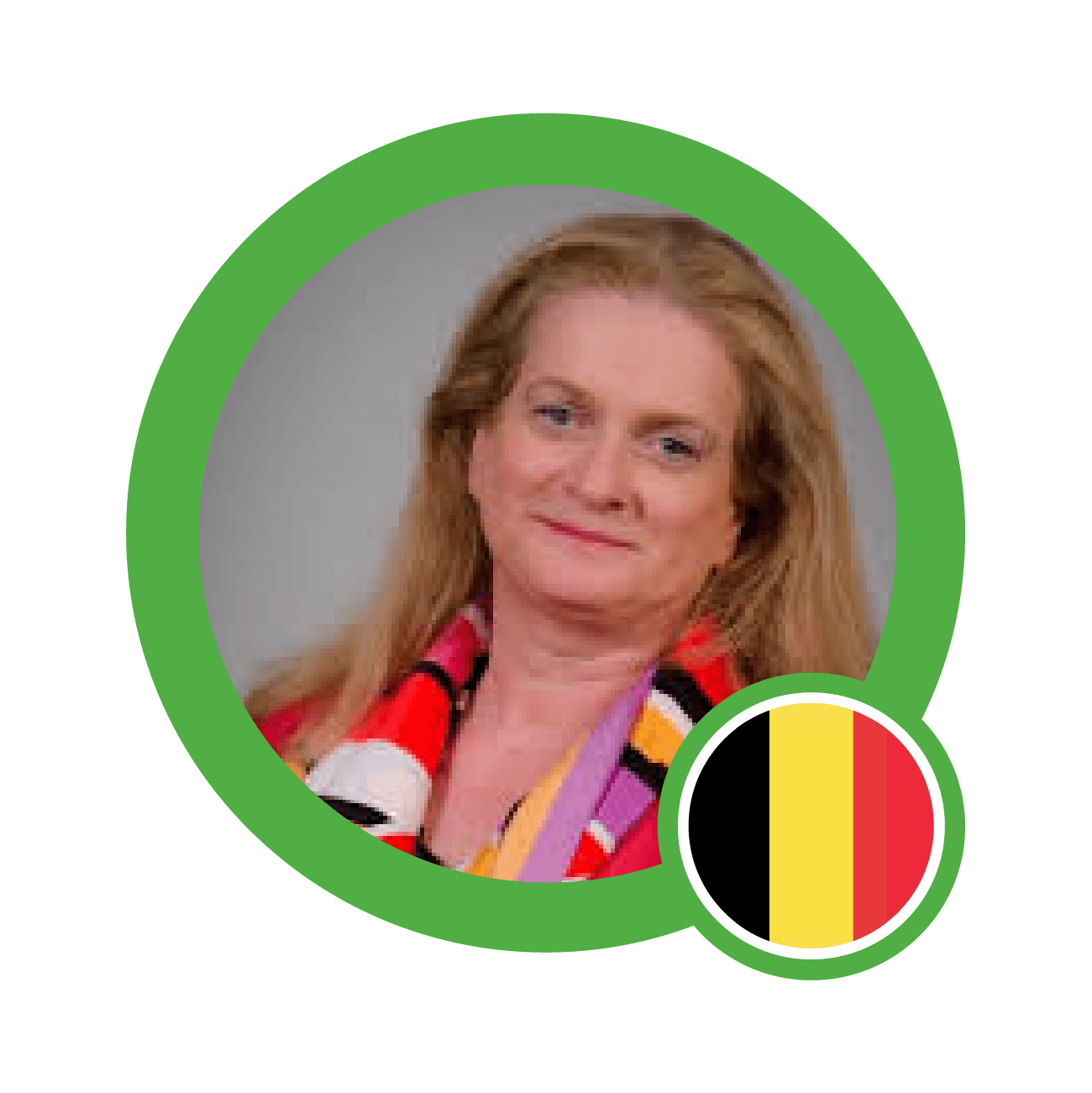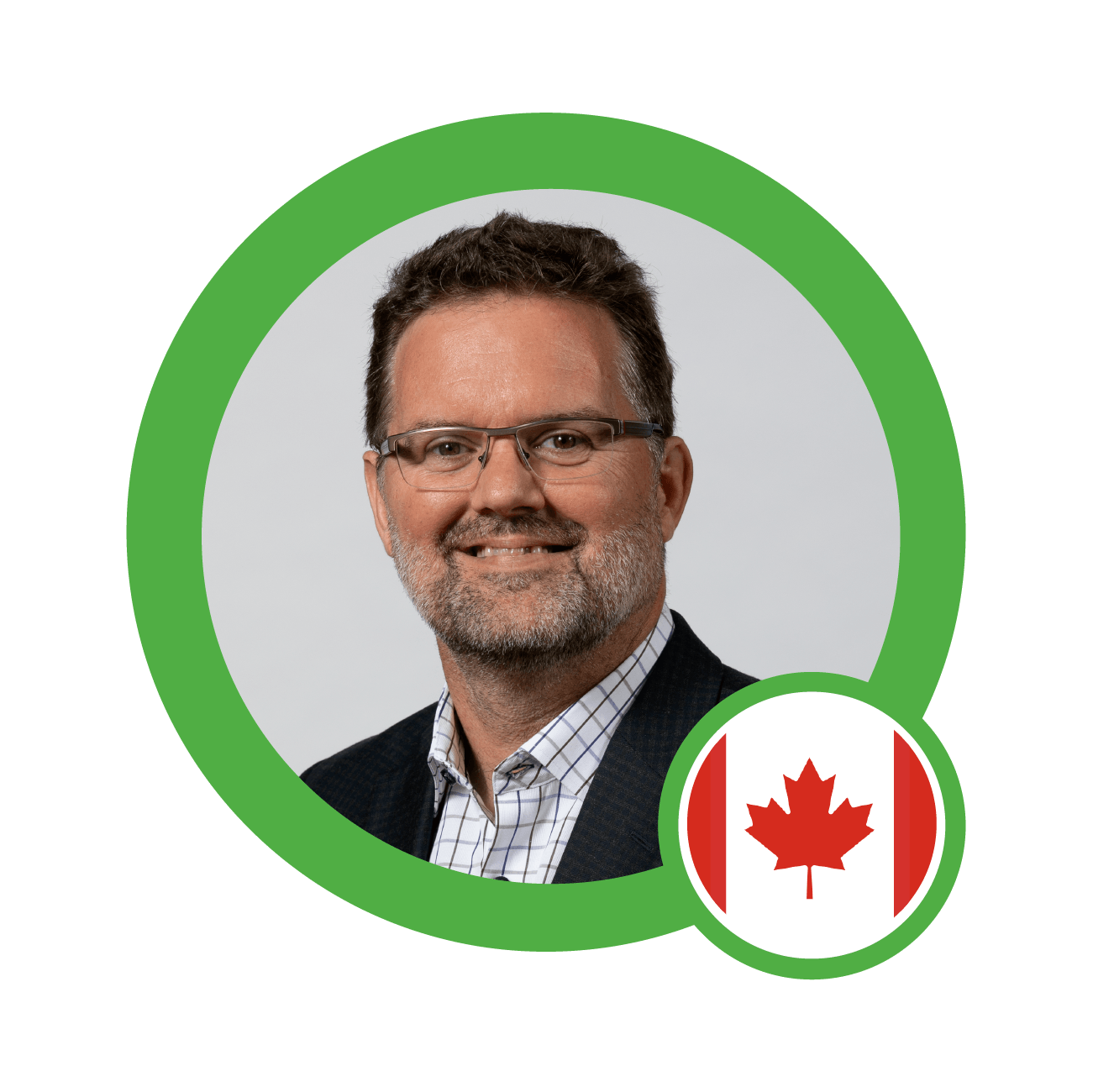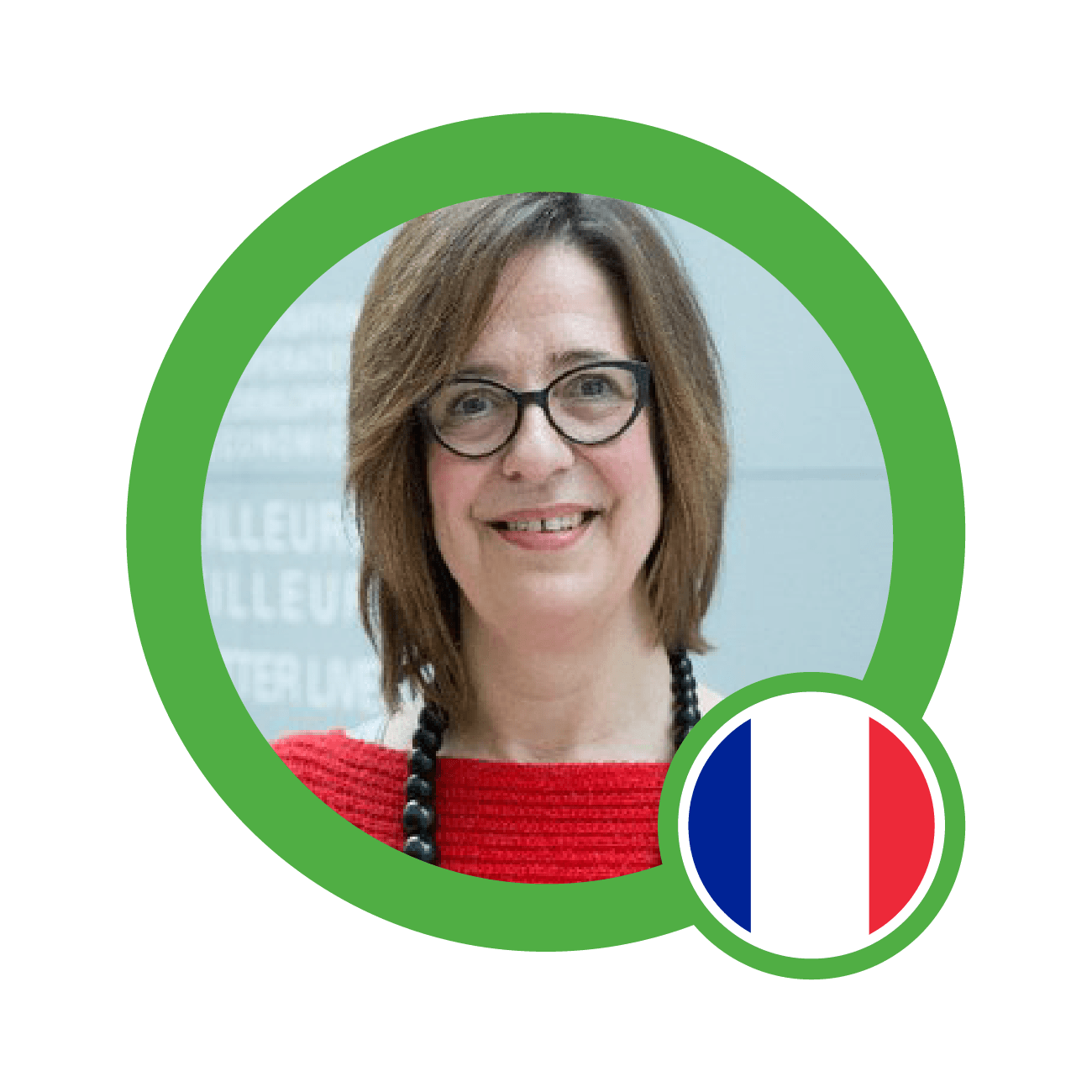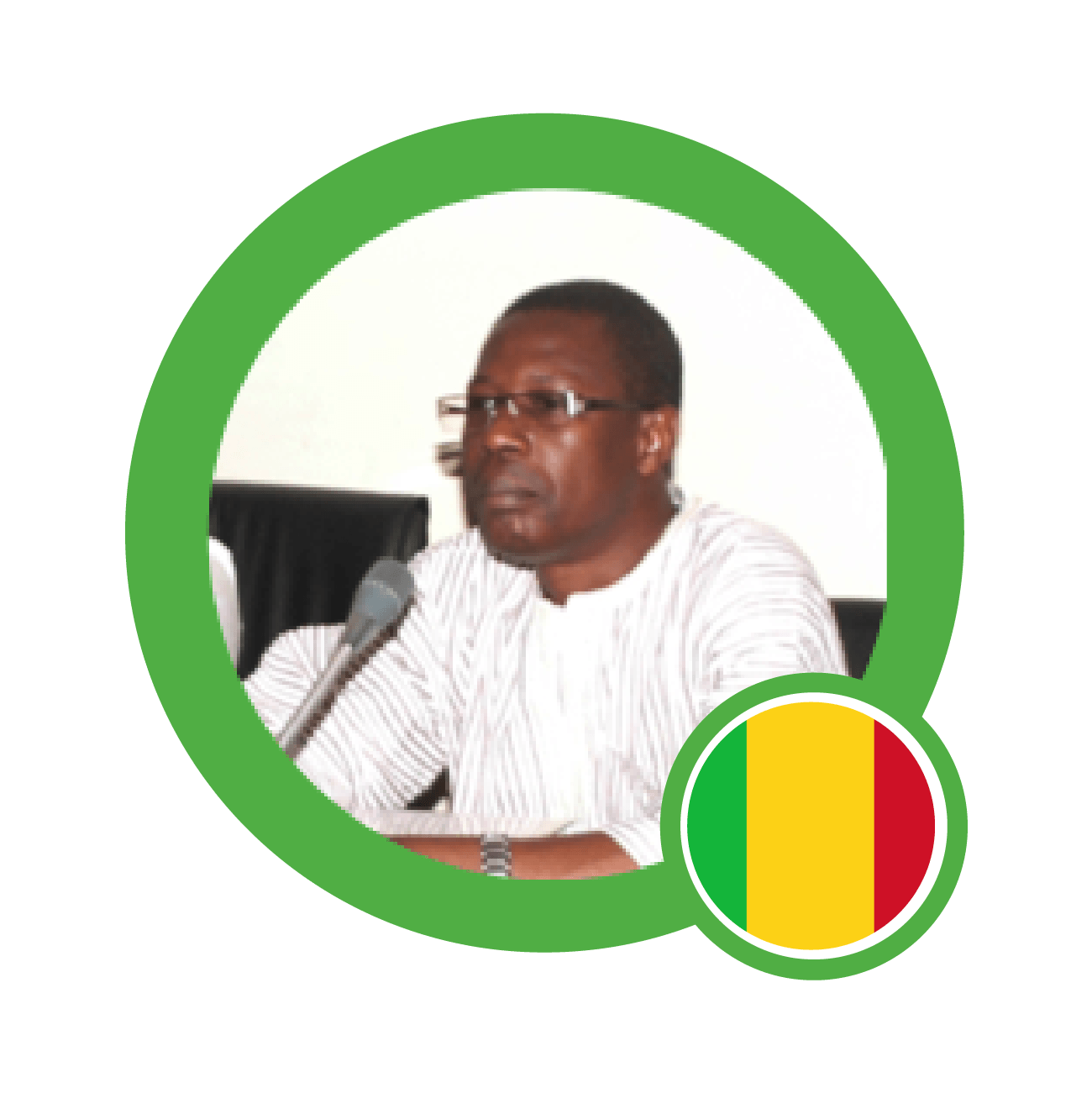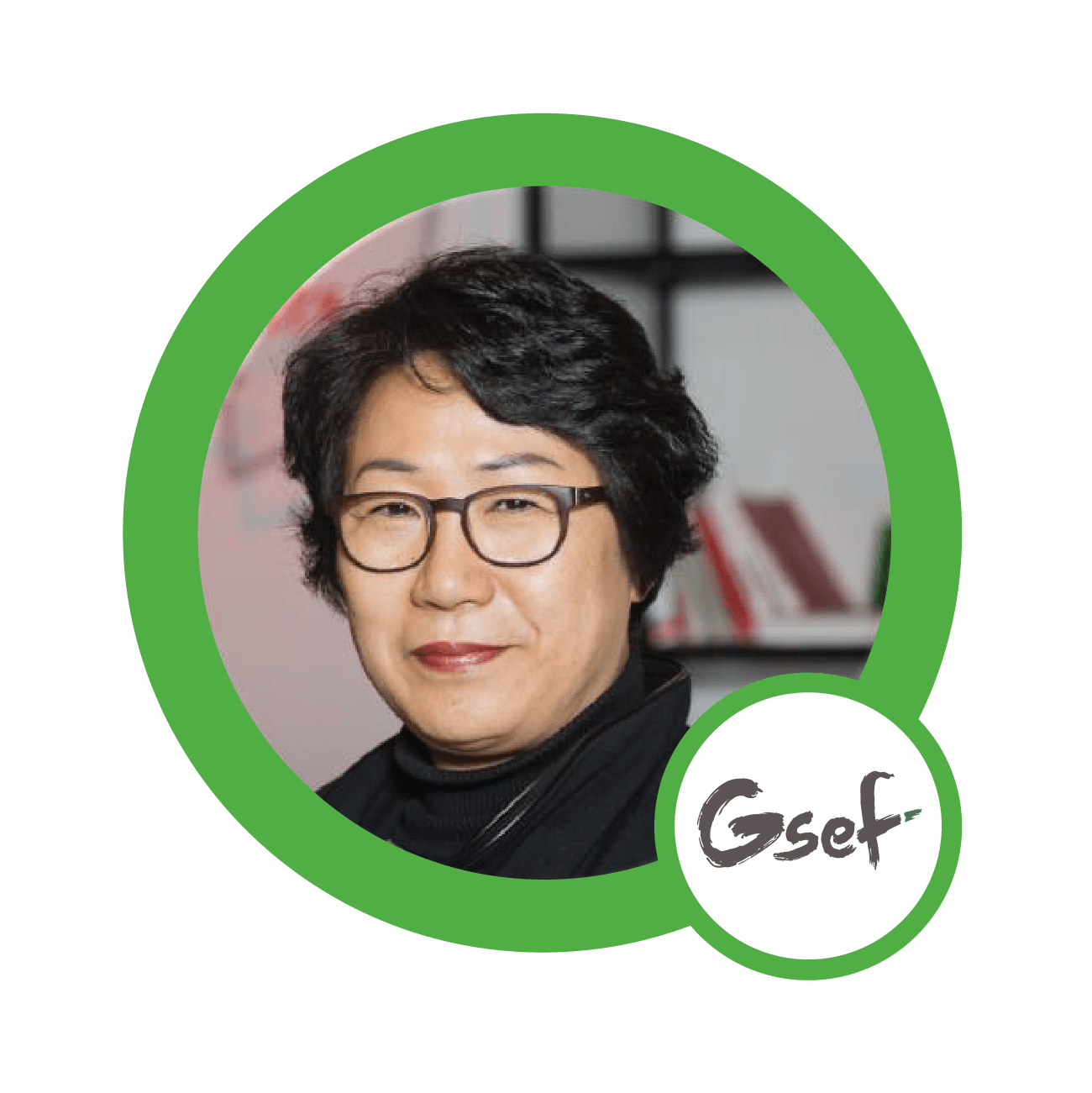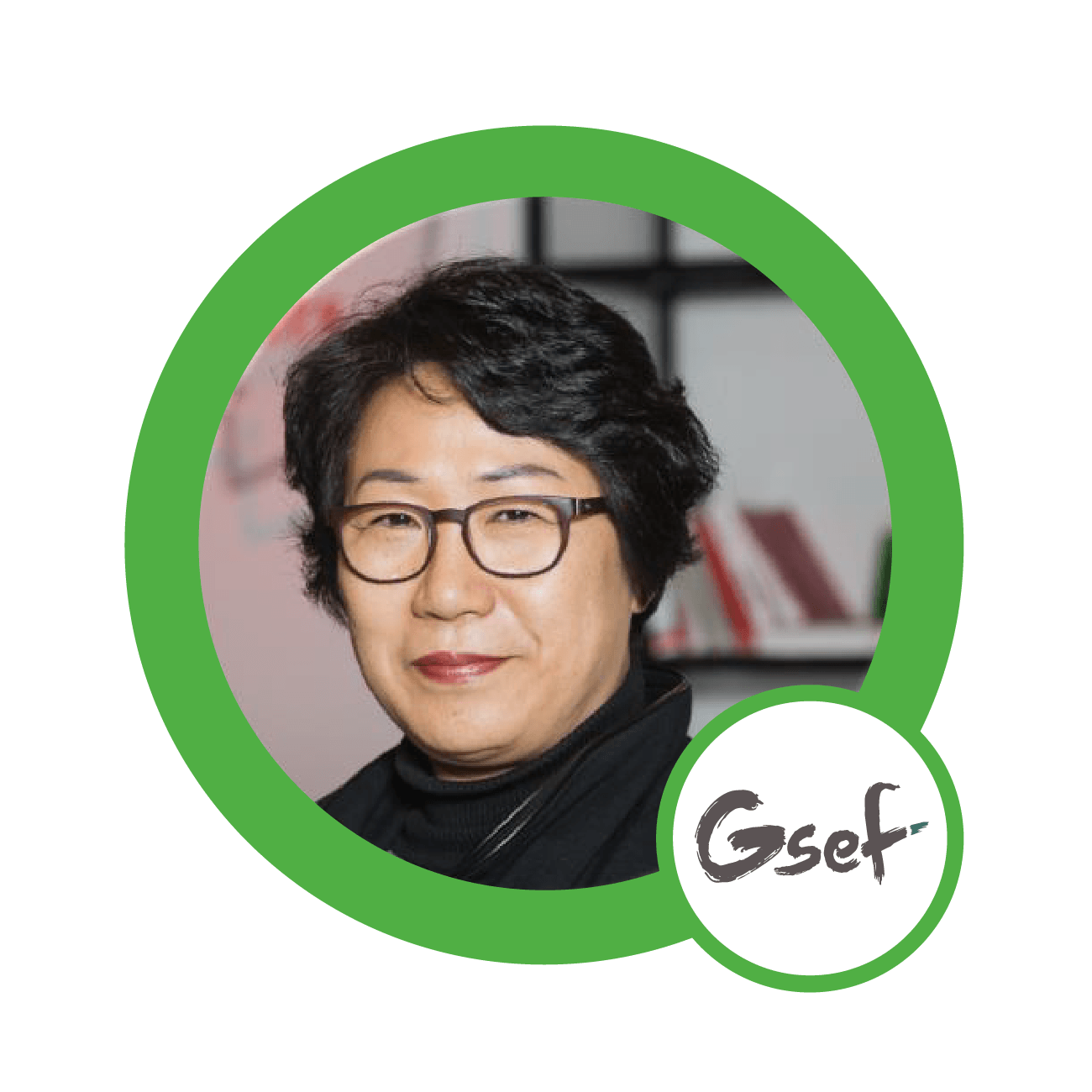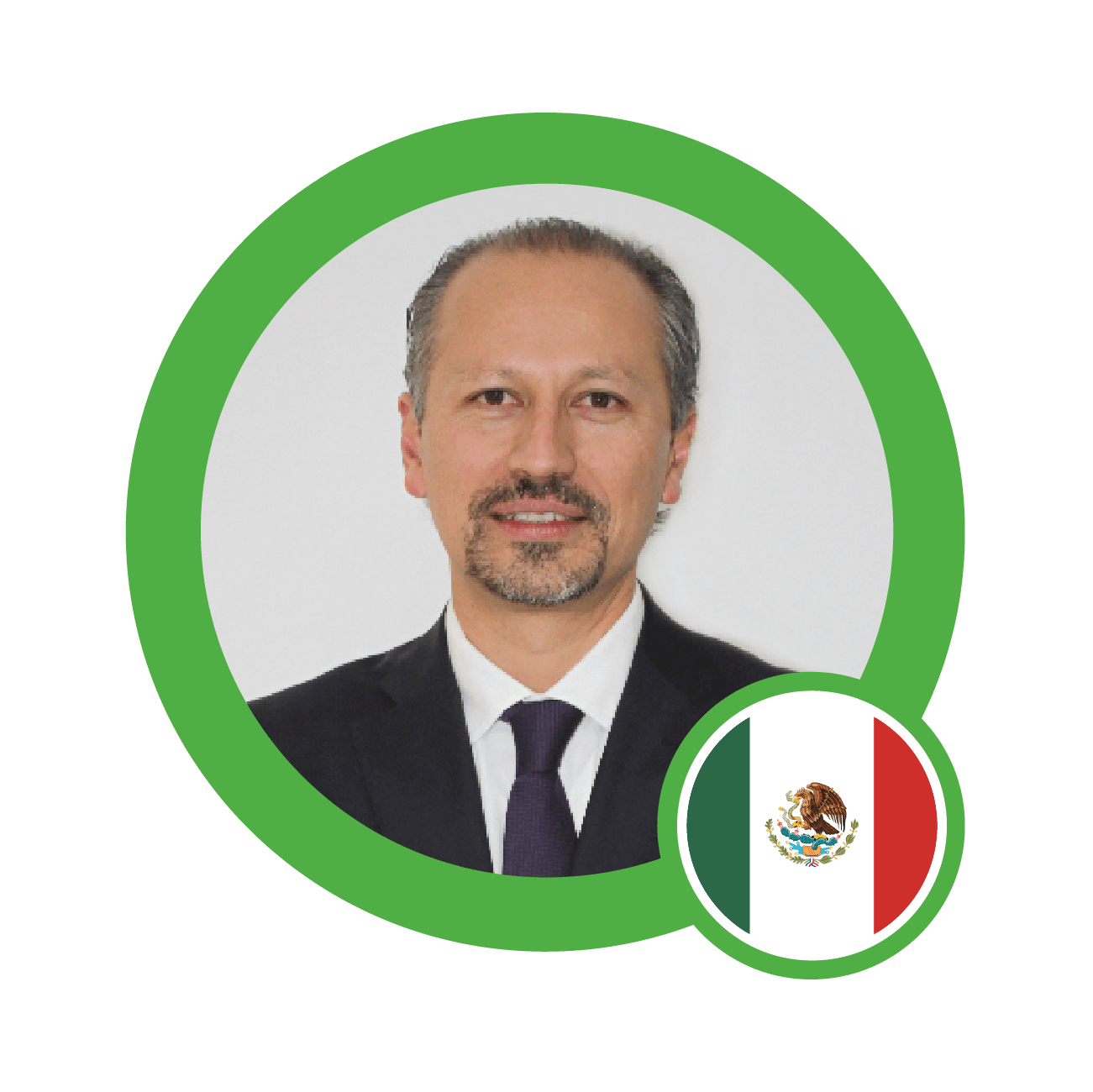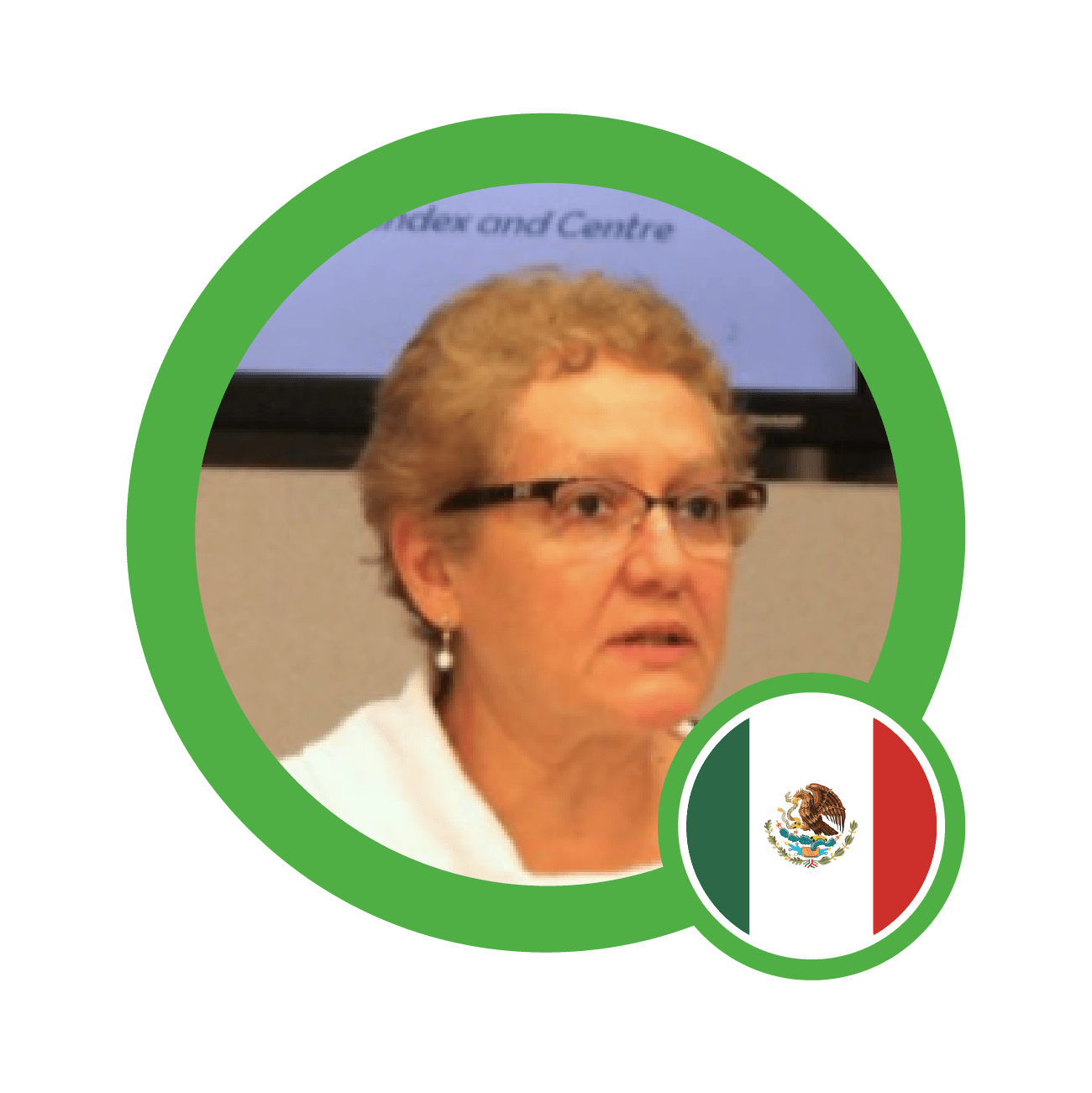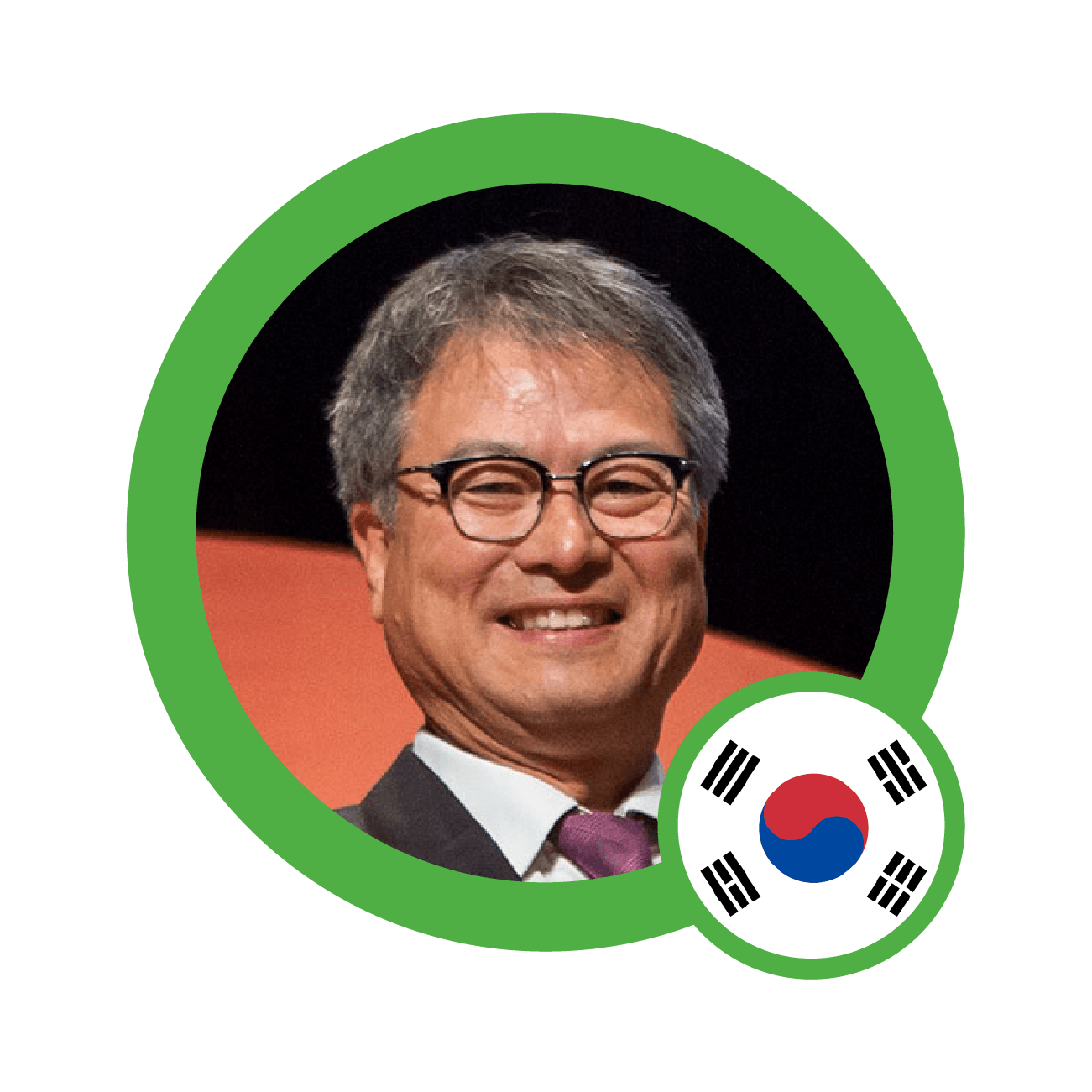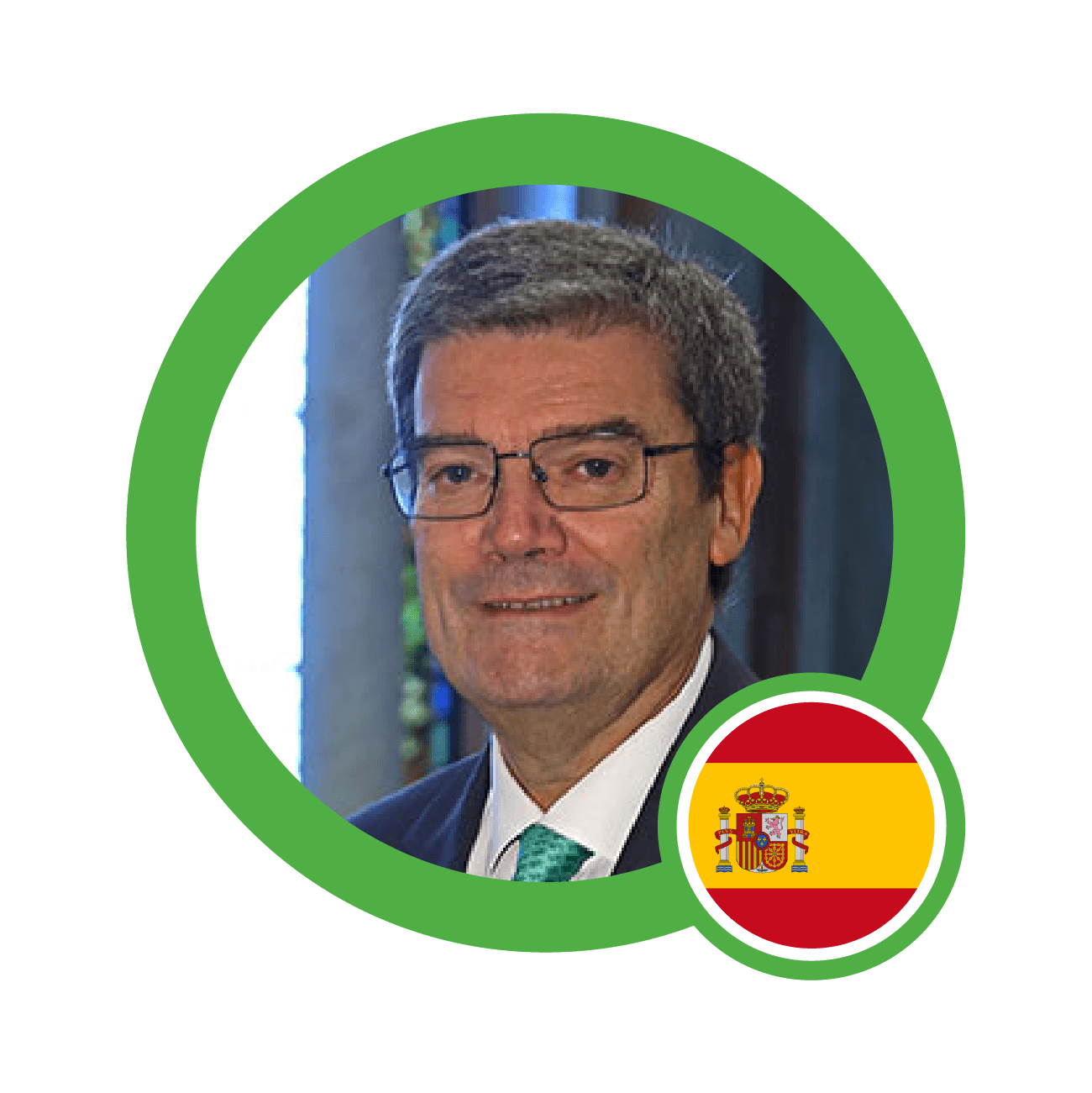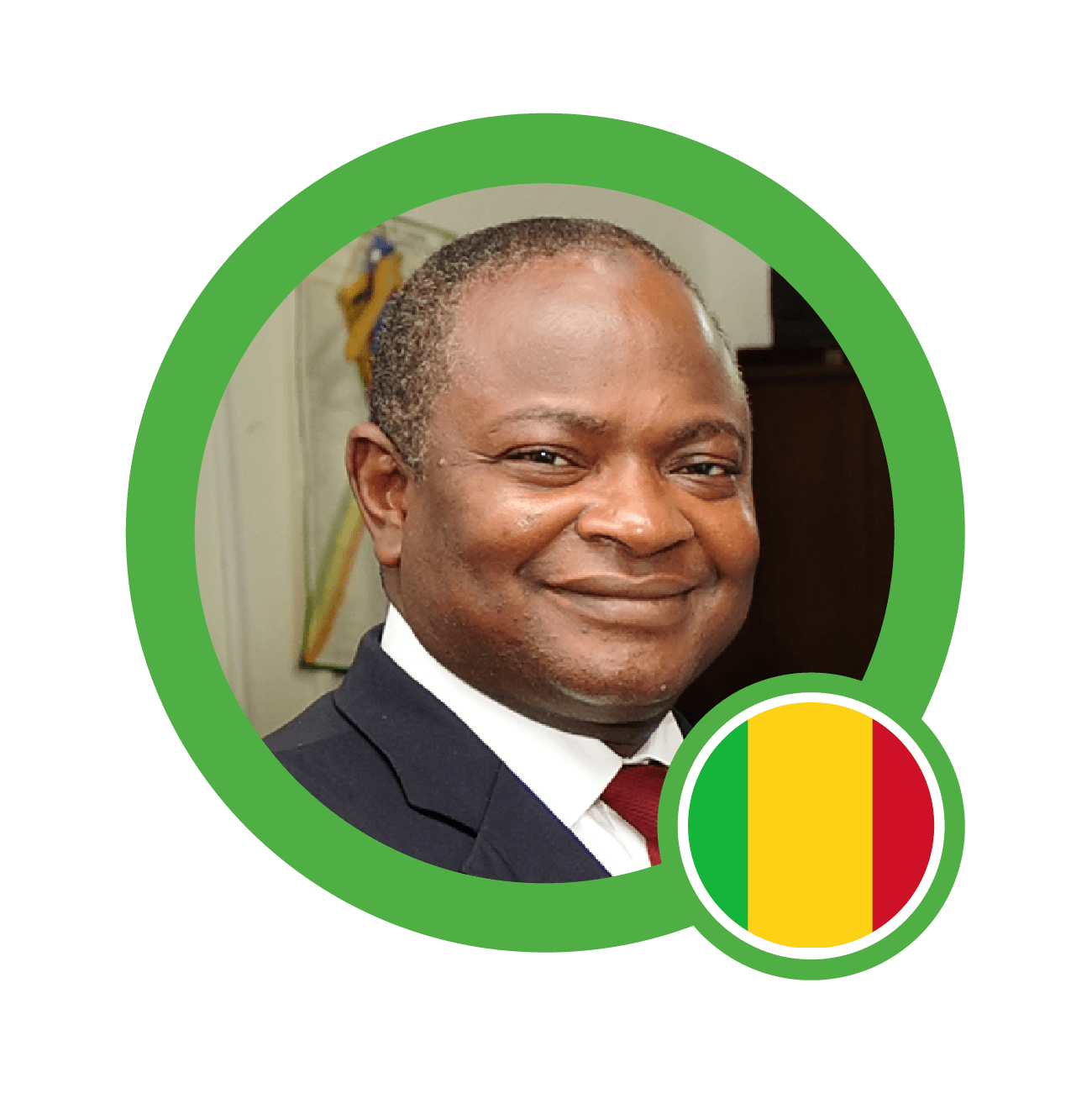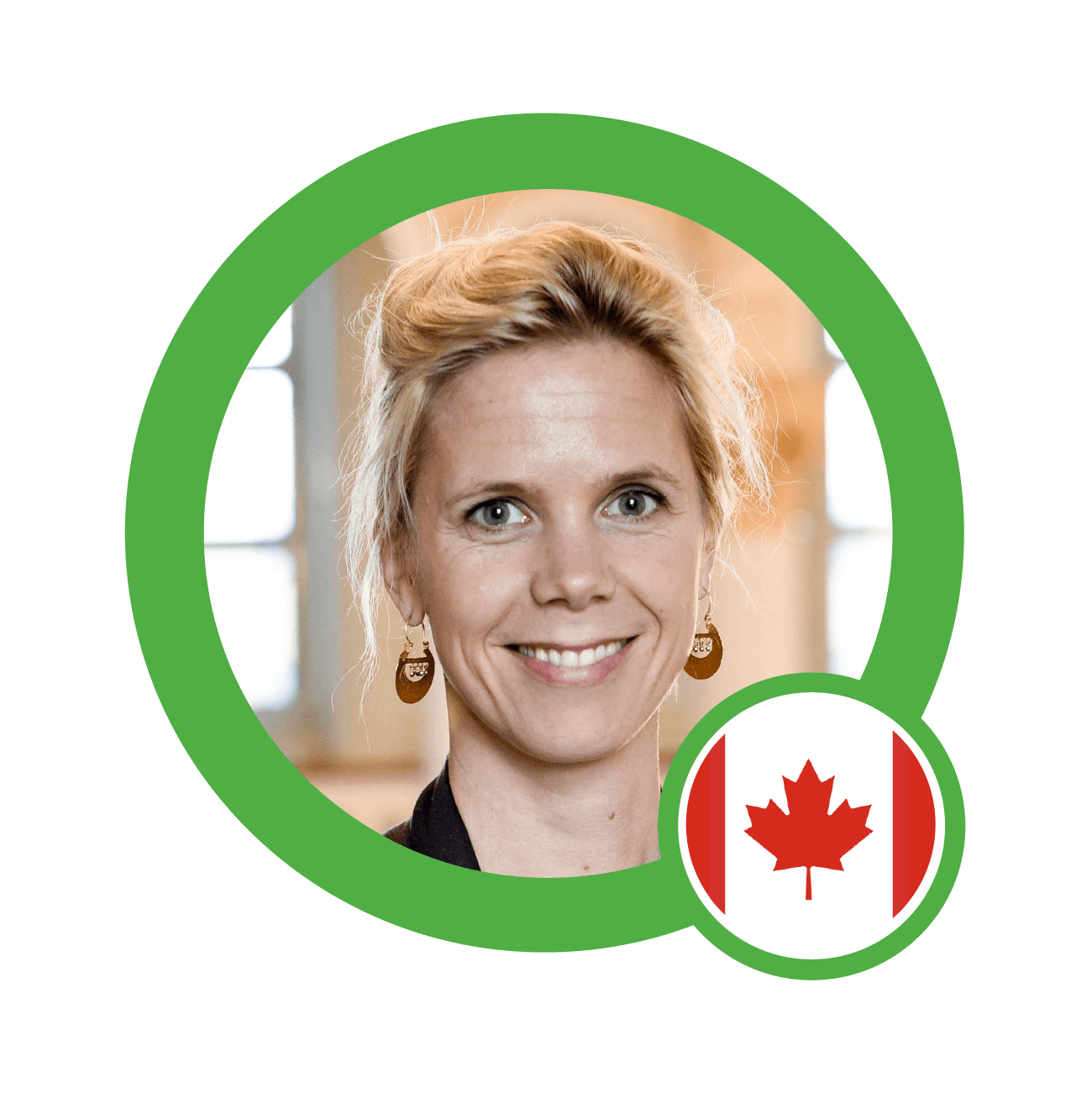Workshop session
How to Make SSE Sustainable and Grow through Promotion and Support Mechanisms: Best Practices from around the World
Share best practices from various regions of the world and identify key success factors towards designing and implementing promotion and support mechanisms for SSE in a multi-stakeholder approach for greater outcomes and improved synergies

Ms. Hager Khezami
Director, Regional Chamber for Social and Solidarity Economy (CRESS) Hauts-de-France, France: Evaluation of the Social Impact of SSE Enterprises
webinaire - communications suivi d’une séance de questions-réponses
Quelles stratégies locales d’inclusion sociale et financière pour le financement et la formation de l’entrepreneuriat des femmes et des jeunes?
1) Présenter les stratégies locales d'inclusion et financière pour le financement et la formation de l'entreprenariat des femmes et des jeunes comme un levier efficace au service de la réduction des inégalités, de l’inclusion sociale et d'un développement durable.
2) Echanger sur les initiatives et les responsabilités que peuvent jouer chaque partie prenante (gouvernements national et locaux, partenaires au développement et financiers, organisations de l’ESS…) pour accompagner le financement et la formation de l'entreprenariat des femmes et des jeunes.
3) Dégager des pistes pouvant permettre aux collectivités territoriales de mieux contribuer au financement et la formation de l'entreprenariat des femmes et des jeunes.
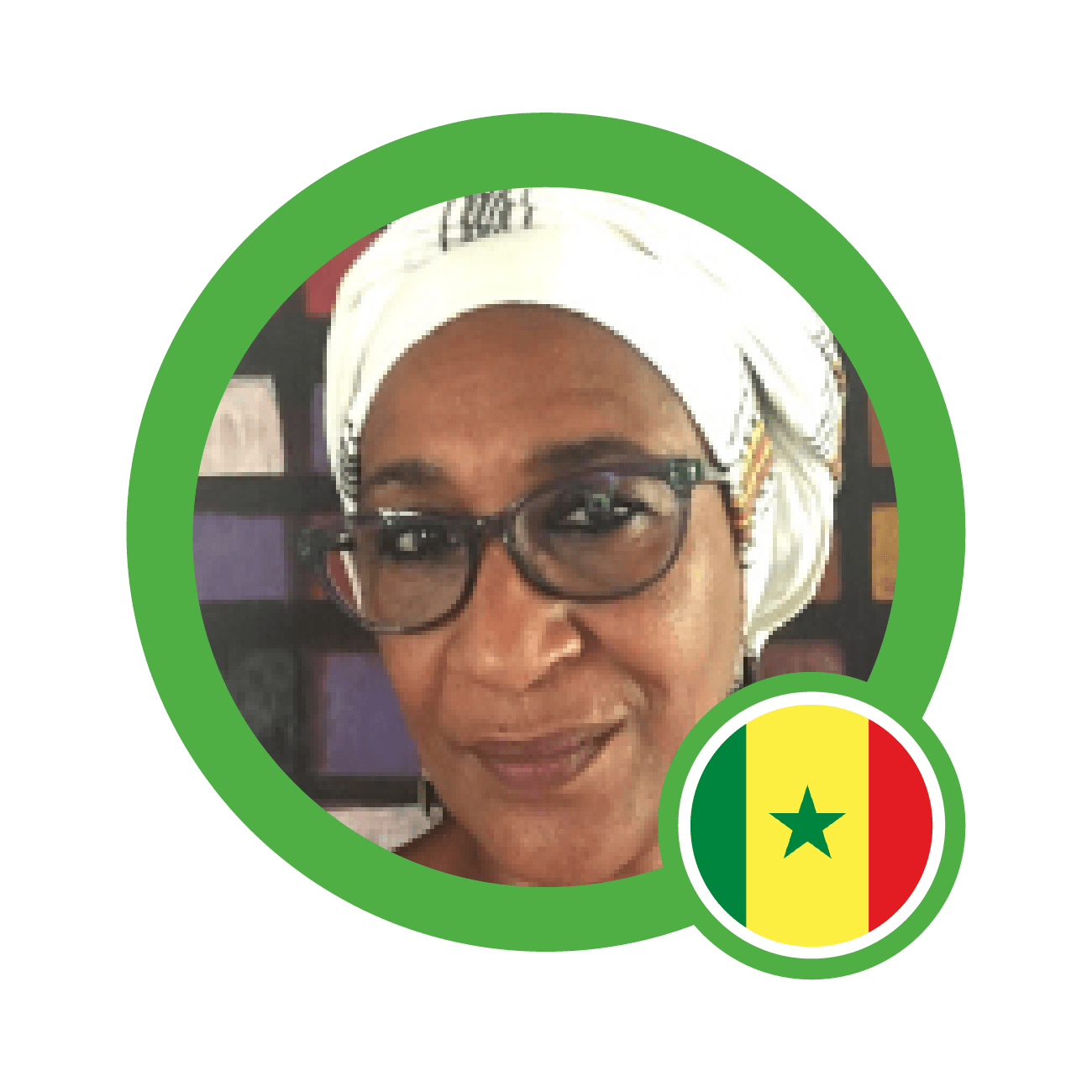
Modératrice: Maimouna Isabelle DIENG
Secrétaire Exécutive de la PFAnE, Présidente de la Commission spéciale du plan, des études générales et de la synthèse du Conseil économique, social et environnemental
Thematic session
The Social and Solidarity Economy at the Core of REFELA’s Agenda: A Lever for Women’s Empowerment in Africa
To this end, this webinar focuses on the 'Campaign of African cities favourable to Women's Economic Empowerment', which is part of the priority program of REFELA's Agenda 2019-2021 adopted at its general assembly held within the framework of the Africities Summit, in Marrakech, Morocco, from 20 to 24 November 2018. The members of REFELA are convinced that women entrepreneurship in the field of social and solidarity economy (SSE) redesigned, can constitute a lever to achieve and accelerate the economic empowerment of women, at the level of African and even international local authorities.
However, analyzes carried out by the REFELA Secretariat and recorded in the ‘Analytical Report on the Situation of Women's Economic Empowerment in Africa’ show that even in this area of the so-called social and solidarity economy, African women face the same difficulties as in other sectors of the economy to create and develop their enterprises.
Female entrepreneurship remains the exception rather than the rule. For most African countries, on average, only 5% of businesses are headed by women (4.3% in Morocco), with the exception of some countries where the percentage of women business owners is remarkably higher: 28.2% in Madagascar; 22.2% in Cameroon.
Commonly cited obstacles are: (i) their limited access to finance, (ii) limited knowledge of the possibilities of creating women's cooperatives in SSE; (iii) the confinement of women to the survival micro-enterprise sector within the framework of projects, more in the order of income-generating activities (IGA), often supported by States and their development partners.
Plenary Session 5
Social Economy as a Mechanism to solve the Great Global Challenges from the Local and Territorial Perspective
Collective power is tr ansformative and the Social and Solidarity Economy (SSE) is and can be promoted fr om education, public space, culture, technology and the financial sector, among other areas. It contributes, beyond the economic, to reducing violence, building peace, internalizing democracy, generating employment and providing access to health systems, all of which are included in the Sustainable Development Goals (SDG's). In other words, the SSE enables the achievement of the 2030, Agenda, so that "no one is left behind"
The str engthening of the contributions of the SSE, beyond the local and the territorial le vel, requires a "partnership management" between communities, governments, civil society and global and regional actors interested in the social and economic tr ansformation of society and, in this way, to overcome the challenges together.
This last plenary session of the Global Virtual Forum will share the reflections and debates of the previous sessions, in order to highlight some conclusions and shape a new vision towards an inclusive and sustainable world for everyone.
Closure
SSE in times of great change: a strategy for inclusion and well-being
Within the framework of the Global Social Economy Forum (GSEF), Social and Solidarity Economy (SSE) actors from all over the world were called upon to share the best practices, successful experiences, innovative ideas and solutions to achieve sustainable and inclusive development for everyone. After five days of activities, the closing ceremony will take place, considering the conclusions from the regions of the world that gathered, to have a global dialogue on the SSE and on current issues.
In 2021, Mexico City will be the first host of the GSEF in Latin America, this 2020 will be held the GSEF Global Virtual Forum which aims to link visions of different regions of the world on the SSE with issues of significance to the situation we are living today.
The Government of Mexico City, the Government of Mexico through the National Institute of Social Economy of the Ministry of Welfare, the Organizing Committee and the Secretariat of the GSEF, will close the activities which are going to take place from 19 to 23 October via zoom, providing some conclusions.

